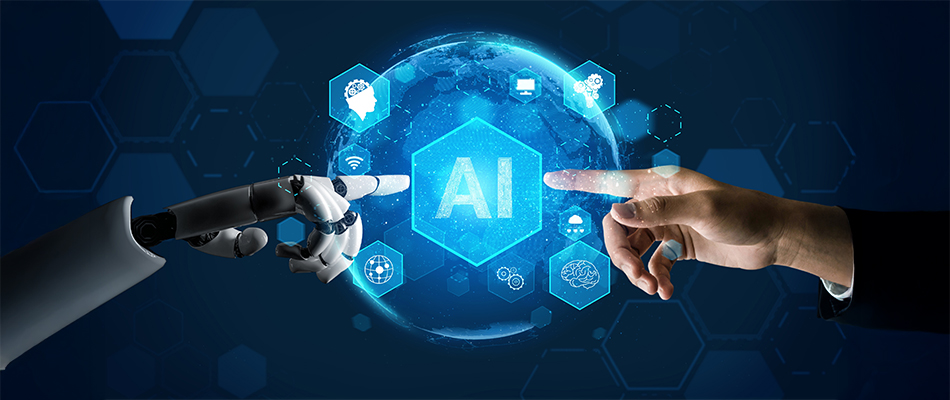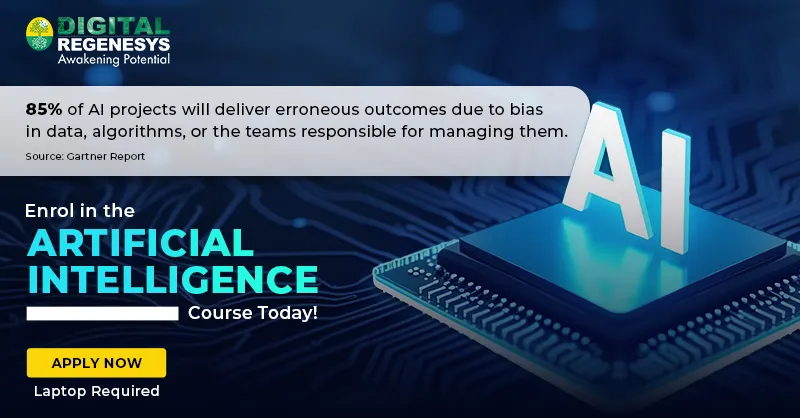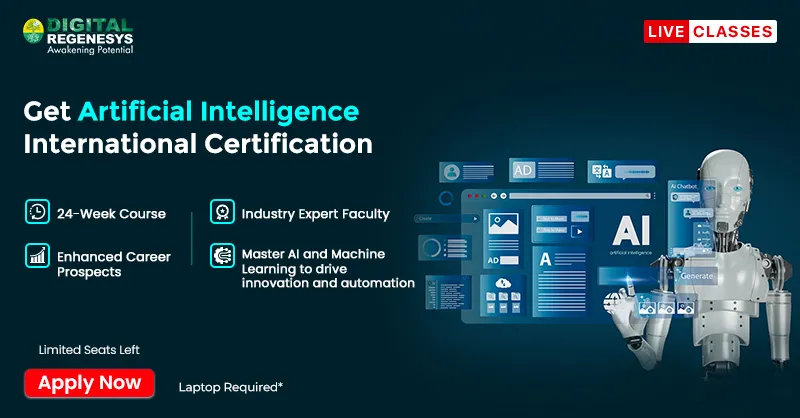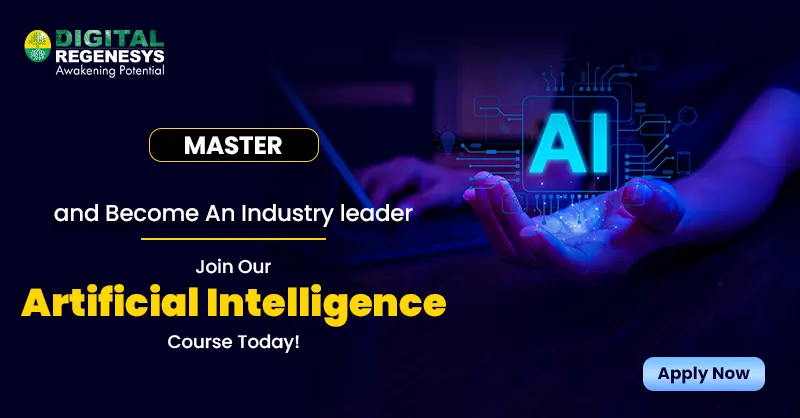AI in Technology – Applications and Benefits

Have you ever wondered how your smartphone predicts what you need next, or how apps suggest solutions before you even ask? Artificial intelligence is quietly powering these experiences, transforming the technology sector in ways that make systems smarter, faster, and more intuitive.
From software development to cybersecurity, cloud computing, and IoT, AI is enabling organisations to innovate, optimise operations, and deliver personalised solutions like never before.
In this article, we explore the applications and benefits of AI in technology and how it is reshaping innovation, efficiency, and problem-solving across industries.
You’ll learn how AI is applied in various technology sectors, the measurable benefits it provides, emerging trends, and the challenges organisations face while implementing it.
Revolutionising Software and IT Services
AI is redefining how software and IT services operate. Development platforms now leverage AI-assisted coding and automated testing to reduce bugs and accelerate project timelines. Intelligent IT support systems and chatbots provide 24/7 assistance, handling routine tasks and freeing human staff for strategic work.
Predictive analytics help IT teams anticipate system failures and proactively maintain infrastructure. By integrating AI into workflows, companies can improve productivity, enhance reliability, and create more innovative software solutions that meet customer needs effectively.
Key Applications:
- AI-assisted coding and software testing.
- Automated IT support and service management.
- Predictive system performance monitoring.
- Intelligent workflow automation.
- Data-driven decision-making in IT operations.
Get insights on – What is a Large Language Model (LLM)?

Optimising Cloud, IoT, and Connected Systems
AI is enabling smarter cloud computing and IoT environments. Cloud platforms leverage AI for intelligent resource allocation, optimising server usage, storage, and energy consumption. IoT devices use AI for real-time data analysis, predictive maintenance, and operational efficiency.
Connected systems can automatically adjust performance based on usage patterns, improving reliability and responsiveness. These technologies enable organisations to scale faster, reduce downtime, and deliver more innovative user experiences by harnessing insights from vast amounts of operational data.
AI is making cloud and IoT environments more efficient, adaptive, and intelligent.
Key Applications:
- Intelligent cloud resource management.
- Real-time IoT data analytics and prediction.
- Smart device automation and optimisation.
- Enhanced connectivity across networks.
- Reduced operational downtime through AI insights.
Enhancing Cybersecurity and Risk Management
Cybersecurity is an area where AI has become indispensable. AI-driven systems monitor network traffic, detect anomalies, and flag potential threats in real time. Automated threat detection and predictive risk analysis enable organisations to respond faster to security incidents, mitigating risks before they escalate.
AI also strengthens encryption, helps identify vulnerabilities, and supports compliance efforts. By integrating AI, companies can maintain robust security, protect sensitive data, and reduce human error while staying ahead of increasingly sophisticated cyber threats.
AI is safeguarding technology infrastructures while helping organisations respond faster to threats.
Key Applications:
- Detecting cyber threats in real time.
- Automated anomaly detection and alerts.
- Predictive risk analysis and mitigation.
- AI-enhanced encryption and security protocols.
- Faster response to security incidents.
Know more about – The Best AI Productivity Tools in 2026.

Future Tech Trends Shaped by AI
AI is driving the next generation of technological innovation. Generative AI is revolutionising content creation, software development, and design. Autonomous systems, such as robotics and smart operational tools, enhance efficiency and reduce human workload.
Edge AI enables real-time processing at the device level, improving performance and reducing latency. AI integration in emerging technologies accelerates innovation and enables predictive analytics that inform strategic decisions.
Organisations adopting these trends gain a competitive edge while creating smarter, more adaptive solutions for complex challenges.
These trends demonstrate the future direction of AI in technology and innovation.
Emerging Trends:
- Generative AI for software, content, and design.
- Autonomous systems in operations and robotics.
- Edge AI for real-time device processing.
- AI-enabled innovation in emerging technologies.
- Predictive analytics driving strategic tech decisions.
Understand the basics of – How Artificial Intelligence is Shaping the Future of Work?
AI Applications Across Technology Sectors
AI is transforming key sectors of technology, helping organisations optimise performance, improve user experiences, and deliver innovative solutions. Each sector uses AI differently, reflecting its unique operational needs and challenges.
Companies that integrate AI effectively gain measurable advantages such as efficiency, reliability, and smarter decision-making.
Here’s an overview of AI’s impact across key technology sectors:
|
Tech Sector |
AI Applications |
Impact / Benefits |
|
Software Development |
AI-assisted coding, automated testing |
Faster development, fewer bugs, improved productivity |
|
IT Services |
Predictive maintenance, support chatbots |
Reduced downtime, enhanced client support, and efficiency |
|
Cloud Computing |
Intelligent resource allocation, analytics |
Cost optimisation, improved scalability, performance |
|
IoT |
Real-time analytics, predictive operations |
Smarter devices, improved connectivity, and efficiency |
|
Cybersecurity |
Threat detection, anomaly analysis |
Enhanced security, faster response, risk mitigation |

Conclusion
AI is now a cornerstone of technological innovation, improving efficiency, security, and the overall user experience. From intelligent software development and automated IT services to cloud optimisation, IoT management, and cybersecurity, AI is enabling organisations to work smarter and deliver more value.
While challenges like data privacy, integration, and talent gaps exist, the benefits make AI adoption critical for businesses aiming to remain competitive.
For professionals and learners interested in mastering AI in technology, Digital Regenesys offers an Artificial Intelligence Certificate Course. This program equips participants with practical knowledge to apply AI across software, IT, cloud, and cybersecurity domains, preparing them for a technology-driven future.
Visit Digital Regenesys to explore how AI drives innovation and career advancement in technology.
Last Updated: 18 November 2025
